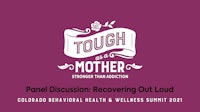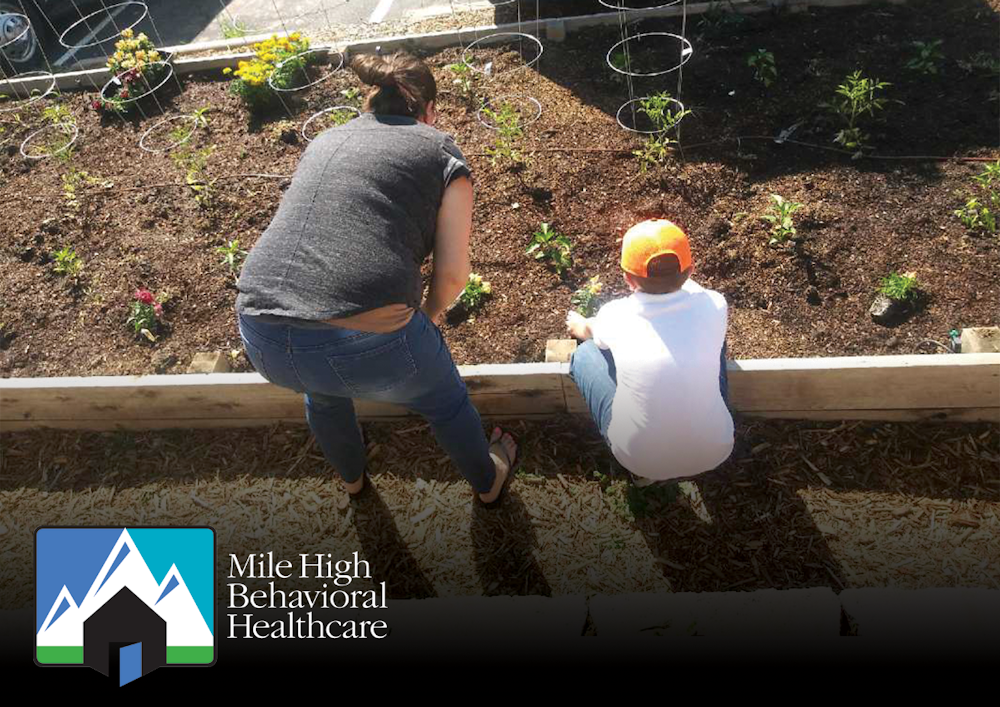
Not just connecting moms to treatment, connecting them to life.
An Interview with Jessica Courtney, Chief Clinical Officer of Mile High Behavioral Healthcare and Kelly Woodard, Miracles Program Manager
The Mile High Behavioral Healthcare Miracles program provides an integrated approach to treatment for women struggling with substance use and mental health issues. It serves as a connecting point for women to a myriad of ways to learn to care for themselves, including classes in life skills, job readiness, parenting, healthy relationships, cooking, yoga and quilting.
“It is a place of sisterhood,” said Jessica Courtney, Chief Clinical Officer of Mile High Behavioral Healthcare. “We offer compassionate guidance as women work toward sobriety and recovery.”
Kelly Woodard, Miracles Program Manager, explained that they offer both traditional outpatient and enhanced outpatient programming including group and individual therapy. They work closely with their referral sources, including case managers at the Department of Human Services, Child Welfare, and case workers throughout the metro area. “Unfortunately, many of our referrals come when the Department of Human Services has already become involved with the family and, in trying to help these moms gain back their parenting rights, we really have a year to make a lot of progress,” Kelly said.
Jessica explained that they can’t undo what is sometimes a lifetime of trauma and abuse in a calendar year but what they can do is bring to the case a voice for the moms in a different way. “It's our job to create a safe space and to make sure these women don't feel stigmatized when they come into our world,” Jessica said. “We want to show them they can trust us and that we’ll work differently with them than they've experienced before.”
That means being creative in the ways they connect with moms. A recent example was taking food to a skate park every day for several weeks to connect with a mom who had refused to come for treatment. “It’s about stepping out of the box and not doing everything in an office to help these women,” Jessica said.
A key to life-changing connections at Miracles is an emphasis on seeing the moms as a whole person and realizing that they are trying to navigate so many things at once. “These women have a lot on their plate, in addition to having their child removed from their care,” Kelly said. “We look at how these women are seeing themselves and what is the best way to help them heal?”
“What makes us different is our community,” Jessica added. “We believe that the opposite of addiction is connection. When they come to treatment, they have everything taken away– their drugs, alcohol, and their friends. But then historically, treatment programs don’t teach them how to begin to live.” So, at Miracles, they actually focus on showing these moms what other things there are in life. They ask them how they like to play and have fun. They find out what things they truly like in life and then find ways to connect them to those activities as part of recovery. That includes cooking classes, a garden, movie nights for the entire family, and monthly dinner parties where everyone in the community is invited, not just moms in the program. Because being sober is often very isolating, moms need to practice making connections through being introduced to people who are safer than the people they knew before. “Because when a mom has a better connection,” Jessica said, “She is going to have a better chance to beat addiction.”
Relapses can occur after moms graduate from a program and professionals leave their lives. So, Mile High Behavioral Health’s Transcend Program offers peer-based interventions and continued access to the rest of the staff. It includes peer support activities, including social hours three times a week, giving moms a place to connect with each other and have ongoing support after they have graduated out of Miracles.
Photo highlights from the Miracles Program
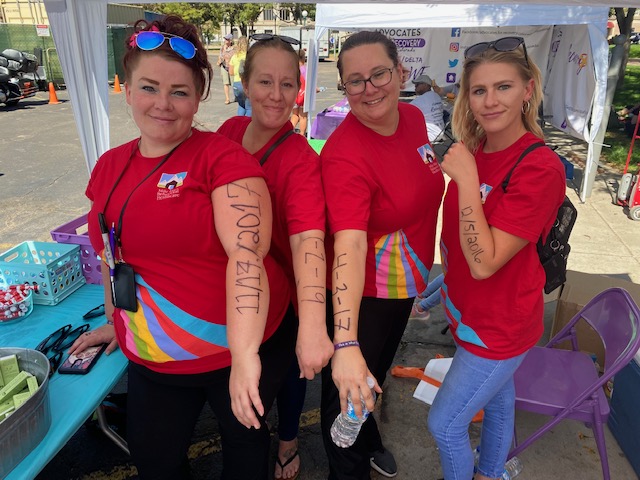
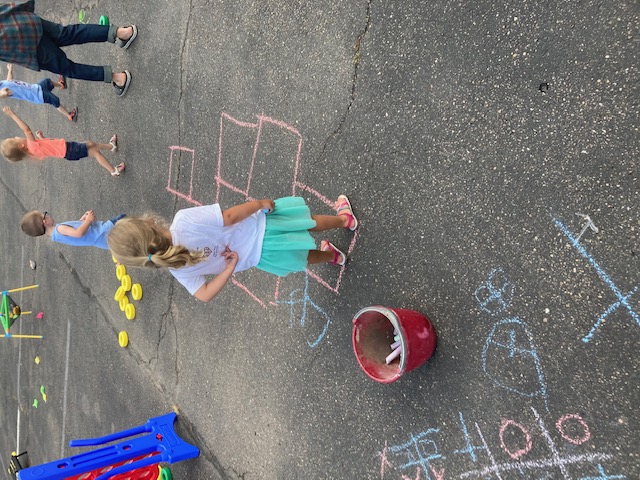
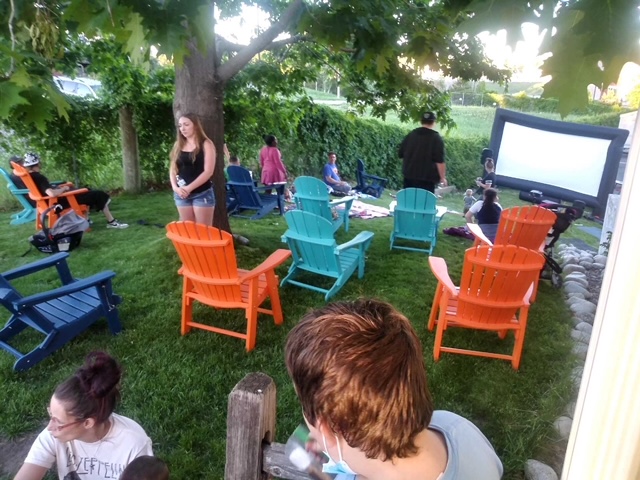
Share this article:







